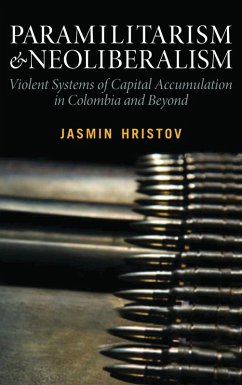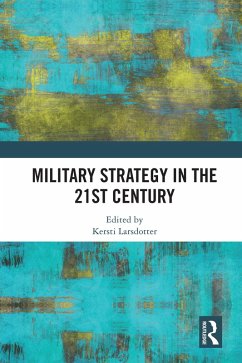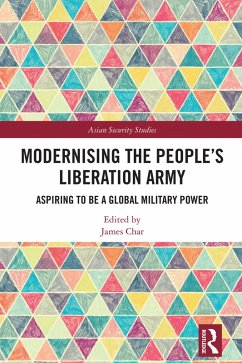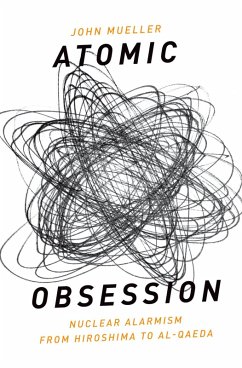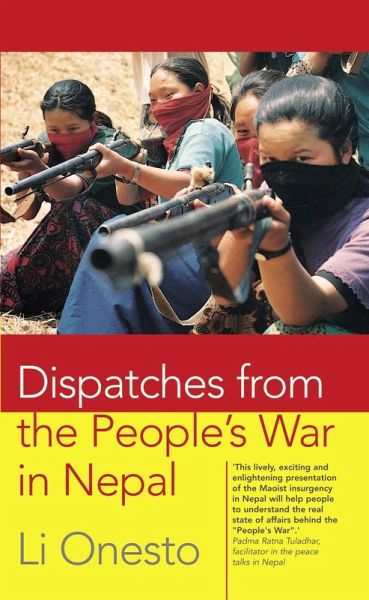
Dispatches From the People's War in Nepal (eBook, PDF)

PAYBACK Punkte
47 °P sammeln!
A Maoist revolution has been raging in Nepal since 1996. In 1999, Li Onesto became the first foreign journalist to travel deep into the guerrilla zones. Allowed unprecedented access, she interviewed political leaders, guerrilla fighters, villagers in areas under Maoist control, and relatives of those killed by government forces. Millions in Nepal now live in areas under guerrilla control. Peasants are running grass-roots institutions, exercising what they call 'people's power'. Li Onesto describes these transformations -- the establishment of new governing committees and courts, the confiscati...
A Maoist revolution has been raging in Nepal since 1996. In 1999, Li Onesto became the first foreign journalist to travel deep into the guerrilla zones. Allowed unprecedented access, she interviewed political leaders, guerrilla fighters, villagers in areas under Maoist control, and relatives of those killed by government forces. Millions in Nepal now live in areas under guerrilla control. Peasants are running grass-roots institutions, exercising what they call 'people's power'. Li Onesto describes these transformations -- the establishment of new governing committees and courts, the confiscation and re-division of land, new cultural and social practices, and the emergence of a new outlook. Increasingly, the UK and US have directly intervened to provide political and military support to the counter-insurgency efforts of the Nepalese regime. Onesto analyzes this in the context of the broader international situation and the 'war on terrorism'.
Dieser Download kann aus rechtlichen Gründen nur mit Rechnungsadresse in A, D ausgeliefert werden.




